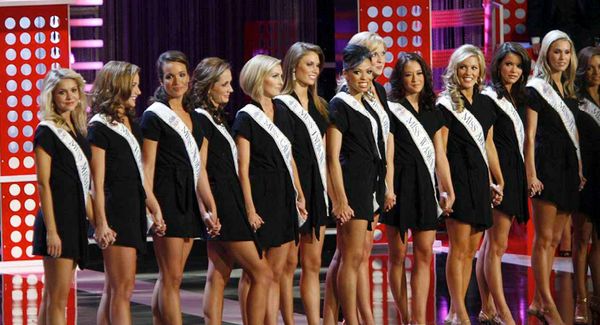
Melisa Raouf, a 20-year-old contestant, is making history in the Miss England competition. She is the first woman in the pageant’s 94-year history to compete without any makeup. Raouf’s decision was driven by a desire to promote inner beauty and challenge societal beauty norms.
In our image-driven society, many girls and women feel pressured to wear makeup to conform to certain standards. Raouf believes that we should embrace our natural selves and celebrate our uniqueness. She said, “Our flaws make us who we are, and that’s what makes every individual unique.”
For Raouf, competing without makeup was a daunting but empowering experience. It signified her acceptance of her own beauty and the confidence to show her true self. She wants other young women to feel good about themselves and break free from the confines of beauty standards.
Throughout the competition, Raouf has been an advocate for mental health and children’s well-being. She supports Papyrus, a UK organization dedicated to preventing teen suicide. By participating in the pageant without makeup, she hopes to inspire girls to embrace their natural beauty and love themselves for who they are.
Angie Beasley, the organizer of the Miss England pageant, introduced the bare-faced round in 2019 to encourage contestants to reveal their true selves. She applauds Raouf for sending an important message to young women and wishes her the best of luck in the competition.
The Influence of Social Media, Cosmetics, and Body Image
Body image plays a significant role in how we perceive ourselves. It is influenced by various factors, including societal beliefs, personal experiences, and media portrayal of beauty. In today’s digital age, social media and popular culture often shape our ideals and affect our body image.
People with negative body image are dissatisfied with their appearance and may constantly compare themselves to others. They might feel the need to constantly check their bodies, leading to insecurities and even mental health issues. This negative body image can be fueled by society, friends, family, and the media.
The fashion and beauty industries, in particular, promote unrealistic and unattainable ideals of beauty. Social media exacerbates this issue as users usually only share their best photos, creating distorted perceptions of what bodies should look like. Spending excessive time on social media, especially consuming content from models or fitness professionals, can lead to problematic eating habits and worsen body image.
However, social media can also be a platform for promoting positive body image if used wisely. Taking breaks from social media and unfollowing accounts that make you feel inadequate can significantly improve your mood. Surrounding yourself with positive and uplifting accounts can help change your perspective on beauty.
Instagram, for instance, has numerous body-positive accounts that challenge societal beauty standards and provide advice on self-acceptance. Influencers like Melisa Raouf, a Miss England finalist, advocate for inner beauty and self-love.
A positive body image involves being comfortable in your own skin and having a healthy relationship with your body. It means embracing a broader definition of beauty and taking care of your body in a loving and healthful way. It’s important to remember that true body appreciation goes beyond achieving an ideal appearance. It is about accepting and loving yourself as you are.
No matter how you look, you deserve to appreciate and celebrate your body. Let’s break free from beauty standards and embrace our uniqueness.



